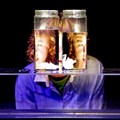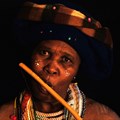"Never let a good crisis go to waste"- National Arts Festival CEO Monica Newton chats the new virtual format
We chatted to National Arts Festival CEO Monica Newton to find out how exactly this new virtual format will play out, the opportunities of targeting a wider audience and how creatives can try and combat the negative effects of the Covid-19 crisis.
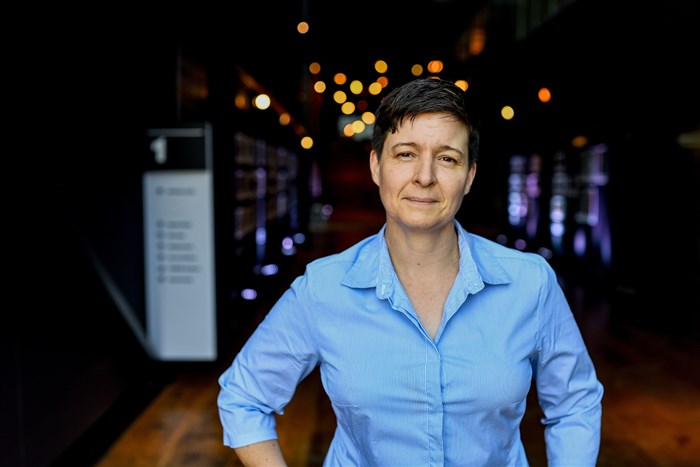
Can you explain how the virtual format will work and the different platforms on offer?
The festival has always played the role of a platform for the arts, a showcase for people to collect around presenting multidisciplinary work on a variety of platforms. So this remains unchanged, we will still be the platform around which people will gather virtually and this time the portal into this showcase will be through our website. The work will be housed in different digital places and spaces but we will be gathering it together into one easy to navigate space – with our website as the anchor. While we are still working with the arts community on what can be presented, we are likely to have work in a variety of formats and on a variety of platforms including social media platforms such as Instagram for exhibitions and social gatherings and YouTube and our website for streamed content and pre-recorded performances.
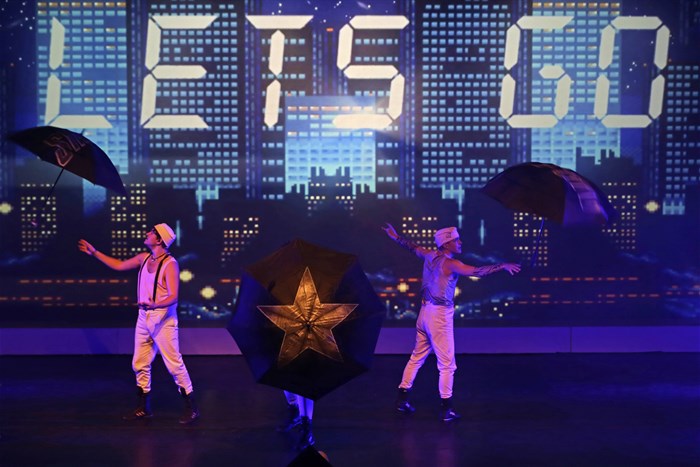
Can you tell us about some of the innovative offerings planned for the virtual festival?
Our featured artist, Madosini, will be part of the festival though a documentary about her life and work. We will have live and pre-recorded content such as jazz performances, poetry readings, theatre pieces and comedy shows. The festival will also host a series of ‘critical thinking’ platforms such as podcasts, workshops and webinars. We are looking at ways to present live performance that will not just be a pre-recorded screening of the performance but also exploring stage readings, 360° camera work to create immersive performances and virtual exhibition tours by artists and curators just to name a few. We have an ‘ideas’ form available on our website for artists, creatives and entrepreneurs to get in touch with us and we have been introduced to some really innovative and interesting perspectives!
How will ticket pricing work? Will there be cost to virtually attend the festival?
The festival will have a mixture of free and ticketed events. Payment gates will be put up on some of the content but there will be lots of free elements just as there is at our live festival.
As a virtual festival allows you to reach a potentially much wider audience, is there more emphasis on speaking to an international audience?
Most definitely, we are hoping to include more work from the African continent now and we are definitely going to be targeting international audiences. It’s really exciting for us that we can do this.
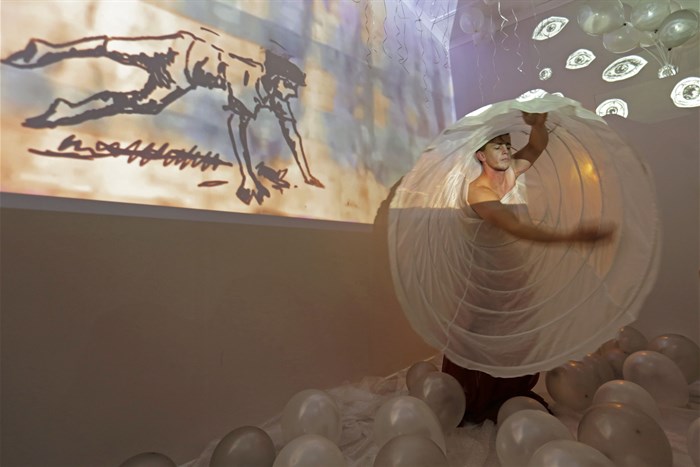
How does the 2020 festival aim to still support Makhanda and the Eastern Cape?
We are working on a digital space to showcase the work of crafters and we will, of course, include work on our artistic programme that will be from the Eastern Cape. Part of the experience will be a window on the region, a teaser for when people can travel again. We had a number of proposals for Makhanda site-specific works so those artists are currently grappling with how they can transfer these ideas onto a digital platform.
How do you hope the arts can help us during this difficult time?
By showcasing creativity and agility. Artists always find the energy to reimagine ideas. They are out-of-the-box thinkers and we all need to learn to think and respond in this way. The arts are also a way to share new experiences and to inspire people to think differently about something or someone; and it is this and the hope of better times to come that we need so much right now. The festival will also be a social experience at a time when we may still be experiencing significant barriers to getting together.
We also hope to be a source of revenue for artists, we will be paying for productions and working with technical service companies and technicians providing direct income and I hope our audiences will support them well by buying tickets too – because artists’ livelihoods have been severely impacted by Covid-19 restrictions. If we can demonstrate that there are viable revenue models in the digital world for their work, there will also be future income streams from producing new work in the virtual world.
Your advice to local creatives when it comes to dealing with the crisis:
Work with others and reach out. There are many of us trying new things and being part of something new and different is inspirational. There is a really famous quote attributed to then president-elect Barack Obama’s chief of staff and former mayor of Chicago Rahm Emanuel “never let a good crisis go to waste”. It is at times like these when we are tested to the utmost that we often try things that would not have seemed possible days, weeks or months ago. It is into this unfamiliar territory that we must go, and the arts will lead us there.




